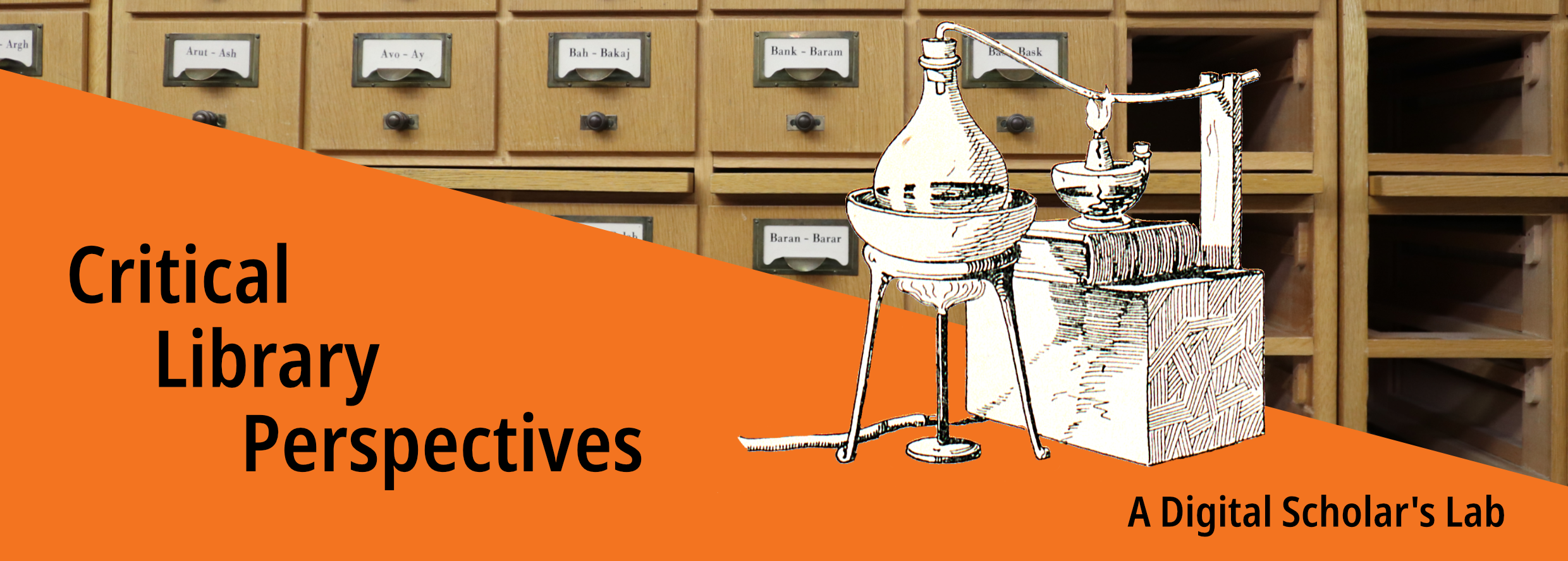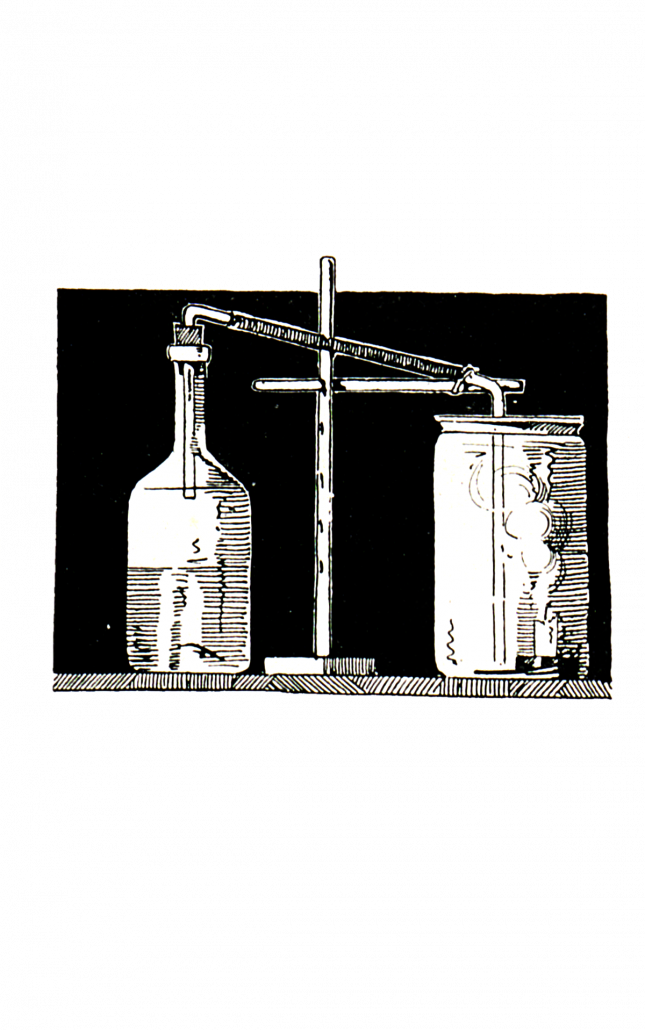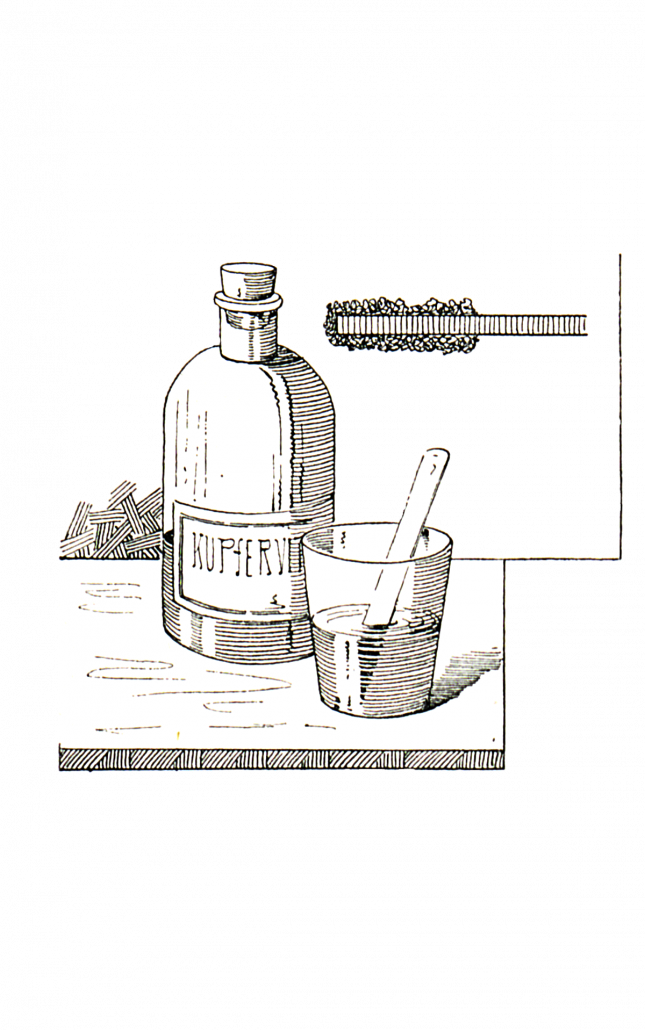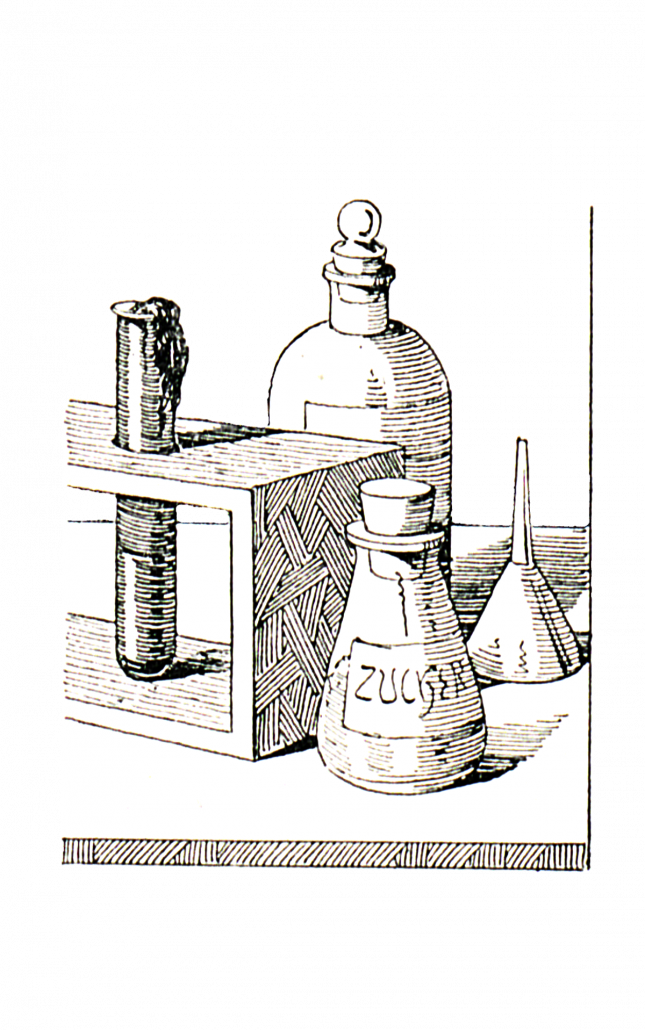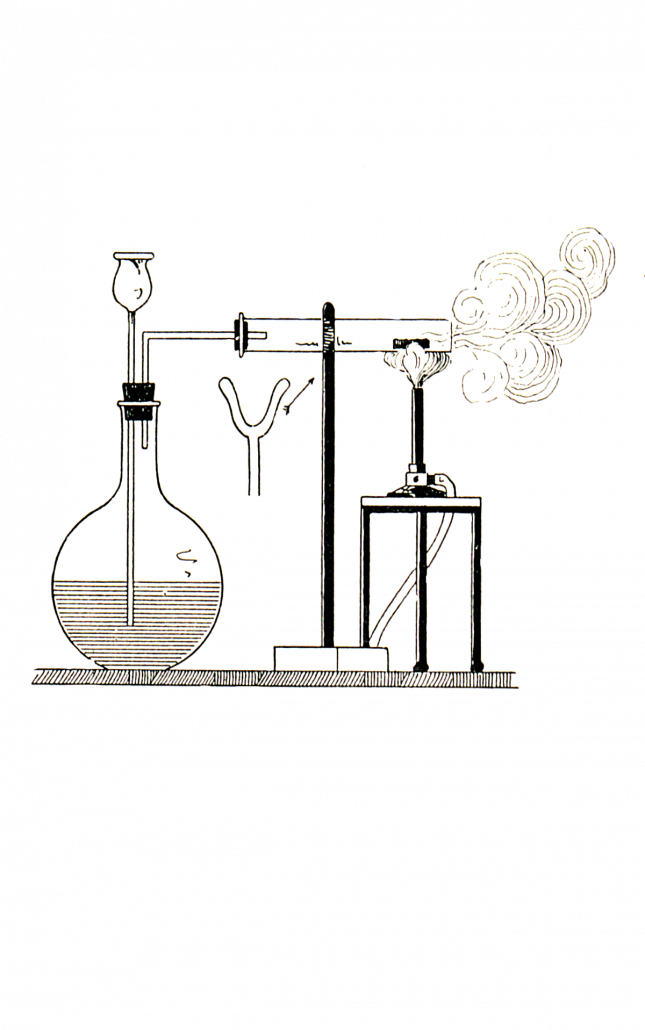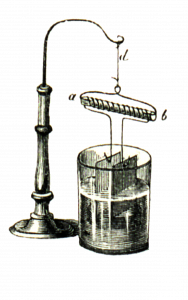Do you want to contribute?
You are welcome to suggest an example from your own experience as a librarian or library user, in which (problematic) normative processes are displayed and/or diversity aspects play a keyrole. Based on the collected examples, we will compile a dataset for the digital Scholar’s Lab.
These examples can stem from all areas related to the organisation of a library, e.g.: collection development (selection of content, acquisition profiles), knowledge organisation and indexing (classification indices, authority control, exhibition in the reading room), content presentation (websites, virtual exhibitions, digitisation), historical collections (presentation, mediation, contextualization, provenance research), library services and usability (target group-specific events, spatial and digital accessibility). Case studies can be related to one or more diversity aspects (including race, class, economic precarity, gender, sexual orientation, disability/ableism, age).
If you would like to contribute an example, please feel free to contact us. To do so, you can either fill out the contact form below or contact us via email: lab@sbb.spk-berlin.de
